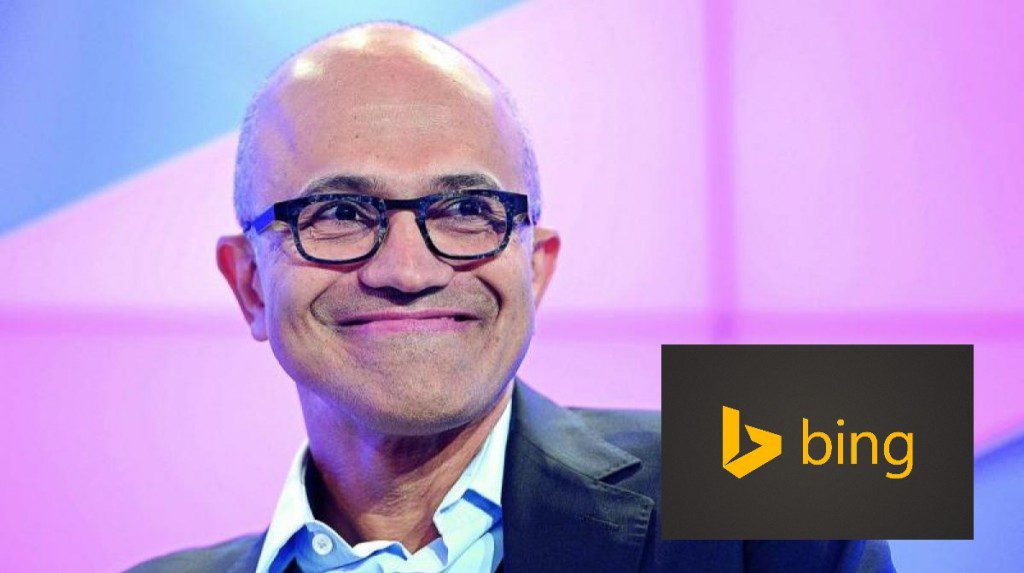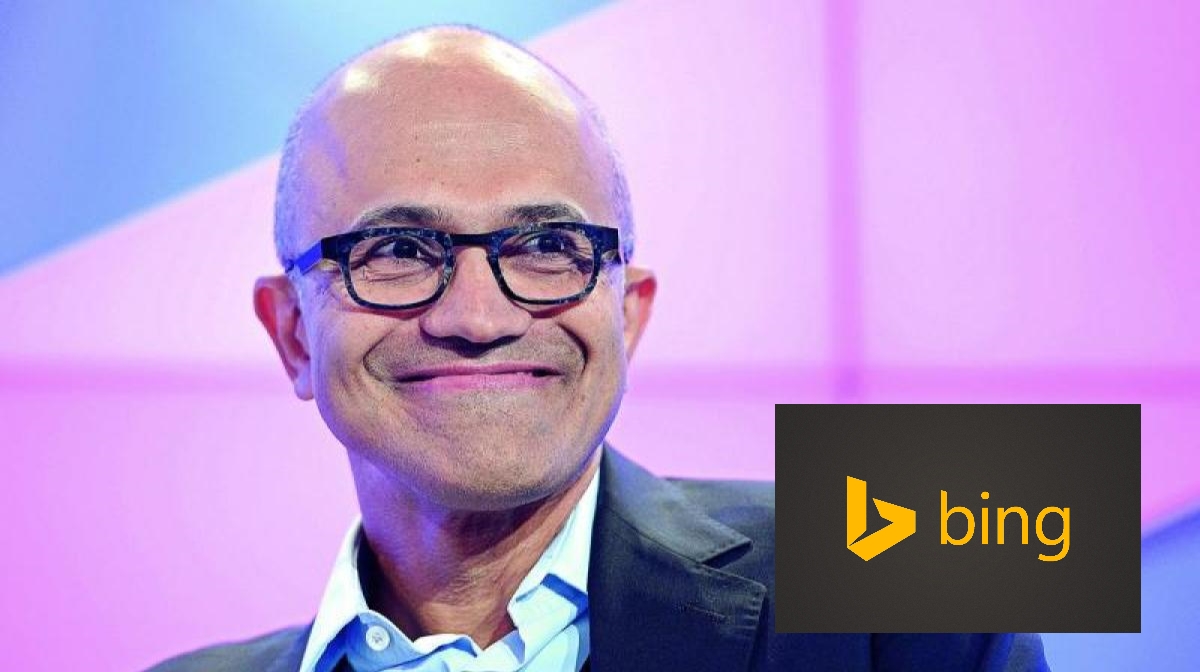As far as search is concerned, Google is thought to have no real competition — it’s the world’s most popular search engine, and has become synonymous with how people look up information on the web. But while Google still reins supreme, another search engine has ended up becoming quite the money spinner for its parent company.
Microsoft’s search engine Bing now earns the company a cool $7.5 billion (Rs. 50,000 crore) in advertising revenue per year. The money comes mainly from web search, where companies pay Bing to have their links inserted on the top of its search results. Bing’s revenues have been quietly but steadily rising over the last few years — in 2016, the company had made $5.4 billion in revenue. This had increased to $6.2 billion in 2017, and $7 billion in 2018.

This isn’t what most people expect when they think about Bing — Bing is thought very much to be a also-ran in the search business, with its service finding no real traction. Bing had been launched in 2009, and had positioned itself as an alternative to Google. Microsoft marketing materials had referred to Bing as a “Decision Engine,” and it had been billed as a place where people could find answers, as opposed to Google which could only regurgitate information. The initial public reception had been muted — Bing occupied very little mindspace, and almost nobody switched over from Google to using Bing.
However, Bing appears to have quietly found an audience. As per SimilarWeb, it’s the 25th most visited website in the world at the moment, netting nearly 1.36 billion visits a month. 42 percent of the traffic comes from the US. Bing’s relative anonymity appears to have helped too — while Google and Yahoo are banned in China, Bing is still accessible in the country, which leads to a full 11 percent of its traffic coming from China.
But the majority of Bing’s traffic comes from Windows PCs and Laptops, where it’s the default search engine on Microsoft’s Edge browser. There was a time when people immediately downloaded alternatives when faced with Microsoft’s Internet Explorer, but Edge is a much better product, and it’s completely possible that many users don’t bother immediately switching to Google Chrome or other browsers on their new systems. The PC ecosystem gives Bing a natural initial audience, and with a reasonably good product, Microsoft appears to have managed to keep them there.
Bing, of course, is no competition to Google just yet. While Bing made $7.5 billion in 2019, Google made a whole $120 billion from its own search, making Bing’s numbers look tiny in comparison. But Bing’s $7.5 billion figure is not to be sneezed at — Bing’s revenues are now more than that of other Microsoft products like Surface tablets and LinkedIn, and more than three times those of social networking Twitter.
The way Bing has quietly become a fairly large business is emblematic of how Microsoft has fared since Satya Nadella took over as CEO in 2014. Microsoft hasn’t created much fanfare, but its share price has risen steadily in the intervening period. This has led to a ballooning in the company’s valuation — in June 2018, it had gone past Google-parent Alphabet to become the third most valuable company in the world. In October, after a bit of a crash in Amazon’s stock, it had gone past it to become the second most valuable company in the world. And in November last year, it briefly became the most valuable company in the world. And like with its many other moving parts, Bing appears to be playing a crucial role in Microsoft’s revival.
